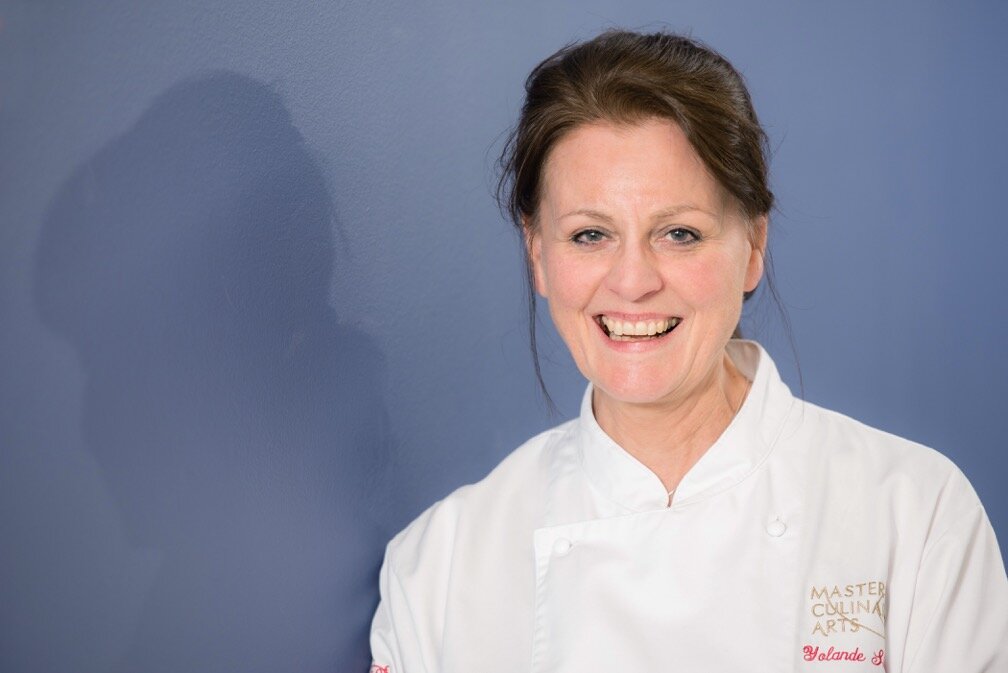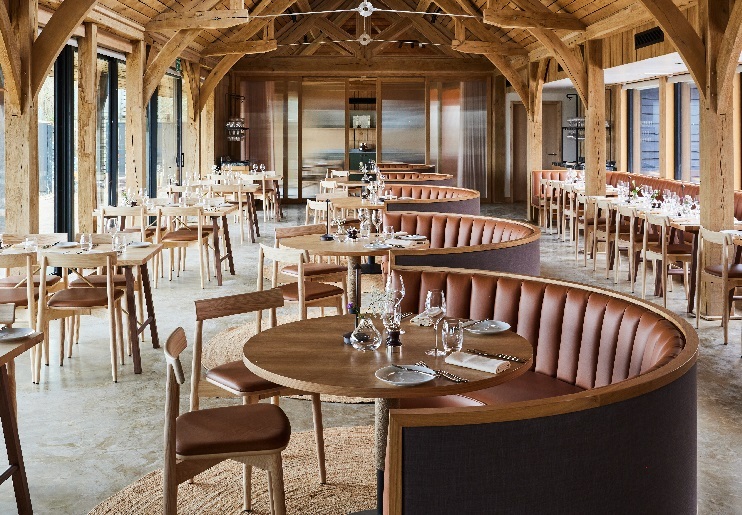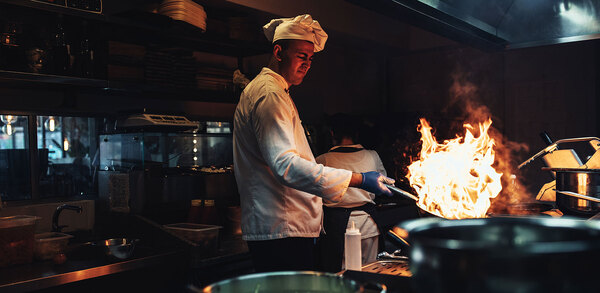Viewpoint: Yolande Stanley asks where our aspiring young pastry chefs are
The UK has a dearth of young pastry chefs, and the quality of training must be improved if we are to see change. Yolande Stanley explains why she believes a dedicated pastry apprenticeship is the way forward.
I am not one to dwell on the past, however my unease at the development of pastry chefs makes me consider the progress of yesteryear compared to now. This worrying subject has been with me for a long time but was brought to the fore recently during a meeting with Alistair Birt, head pastry chef at Harrods in London, when he voiced his own concerns.
Alistair is at the cutting edge of the industry, running a pastry and bakery kitchen with 40 craftsmen and women. He would love to see a specific pastry apprenticeship scheme, and so would I.
For many years I was the training manager for WorldSkills UK, which is when the dearth of young pastry chefs became apparent to me. Invariably I would have the choice of only one candidate to train for the international competition! I was lucky that I found some bright and eager talent, whom I was able to train intensively – and some of them have gone on to greatness (Alistair being one of them).
There are many decent British pastry chefs out there, but there are not many coming through now. Years ago, in the early 1970s, the late chef John Huber noticed the void and set about designing a two-year advanced pastry and confectionery course, which gave young aspiring pastry chefs, who were already working, the inspiration to extend their studies and ability beyond the basics of the general courses. A whole generation of amazing pastry chefs was spawned. Those advanced courses have long since been abolished and replaced with the relatively meagre NVQ Level 3.
There are a few colleges which successfully deliver Level 3 pâtisserie and confectionery – Westminster Kingsway College in London being one – but the content can only ever be sparse and introductory. Having taught pastry levels two and three at Westminster Kingsway for several years now, I know the frustration of the constraints of the system, which mean content must be flitted through with much lateral thinking.
The content is also fairly old-fashioned. I fully support traditional learning, but modern and progressive techniques and skills should be supplemented and used to full effect to update the often-drab curriculum. Additionally, it seems completely futile to spend precious hours introducing outlandish elements, such as centrepieces in pastillage, chocolate and sugar, which serve to dilute the time spent on fundamentals. These products are interesting and could be addressed through short, one-off independent courses, but they do not help students to become fully grounded and proficient in core, financially viable skills.
Attempting to pack so much into such a short course means that sometimes crucial items can only be attempted once, and others merely discussed.
Alistair has so far recruited from Europe where apprenticeships for pastry are robust, but he fears problems loom now that the UK has left the EU. Now is the time to scrutinise the pastry provision in this country and make it great again.
Now is the time to scrutinise the pastry provision in this country and make it great again
How I would love to see our homegrown pastry trade buoyant again – and what better way than with pastry apprenticeships, supported by revamped and modernised qualifications?
Yolande Stanley is lecturer and trainer in chocolate, pâtisserie and confectionery at the Pastry Training Company




















